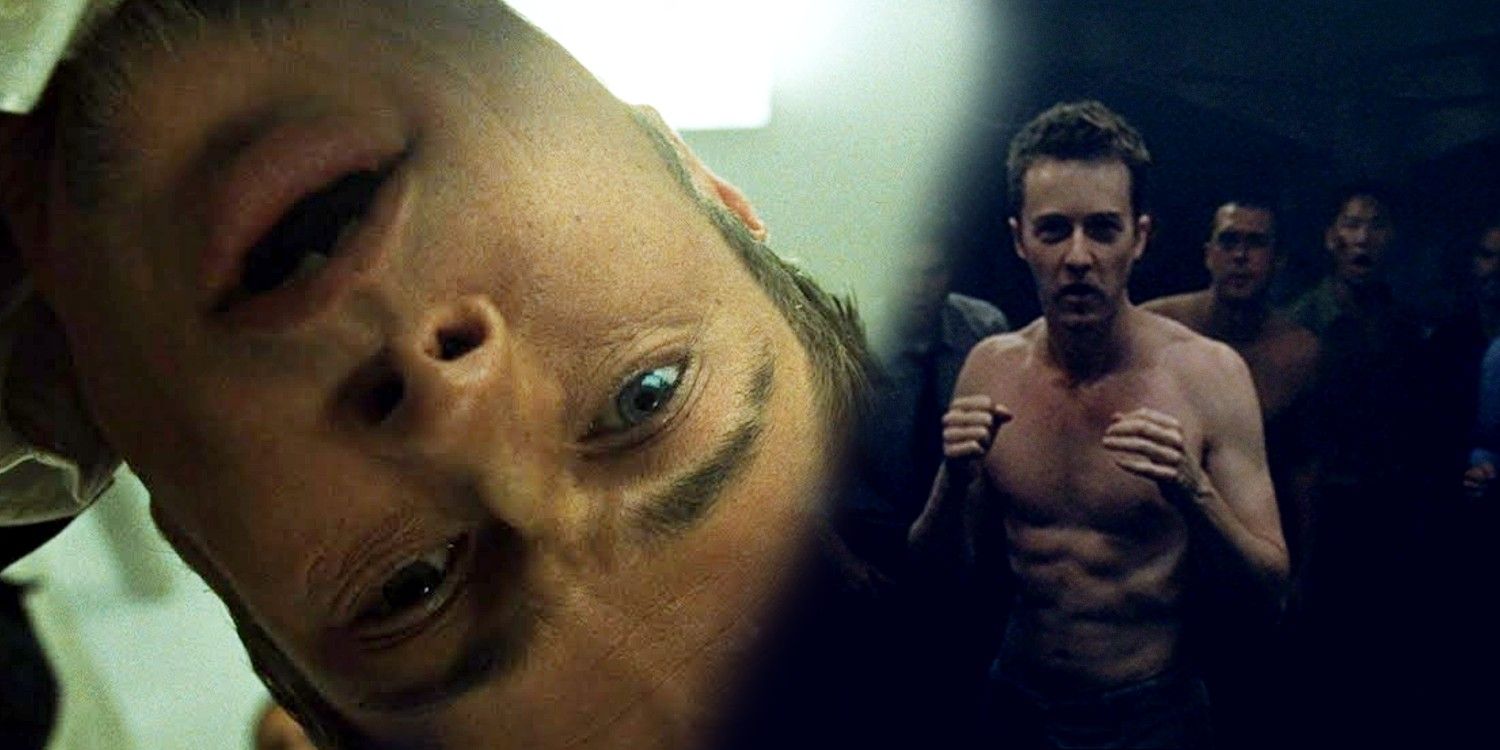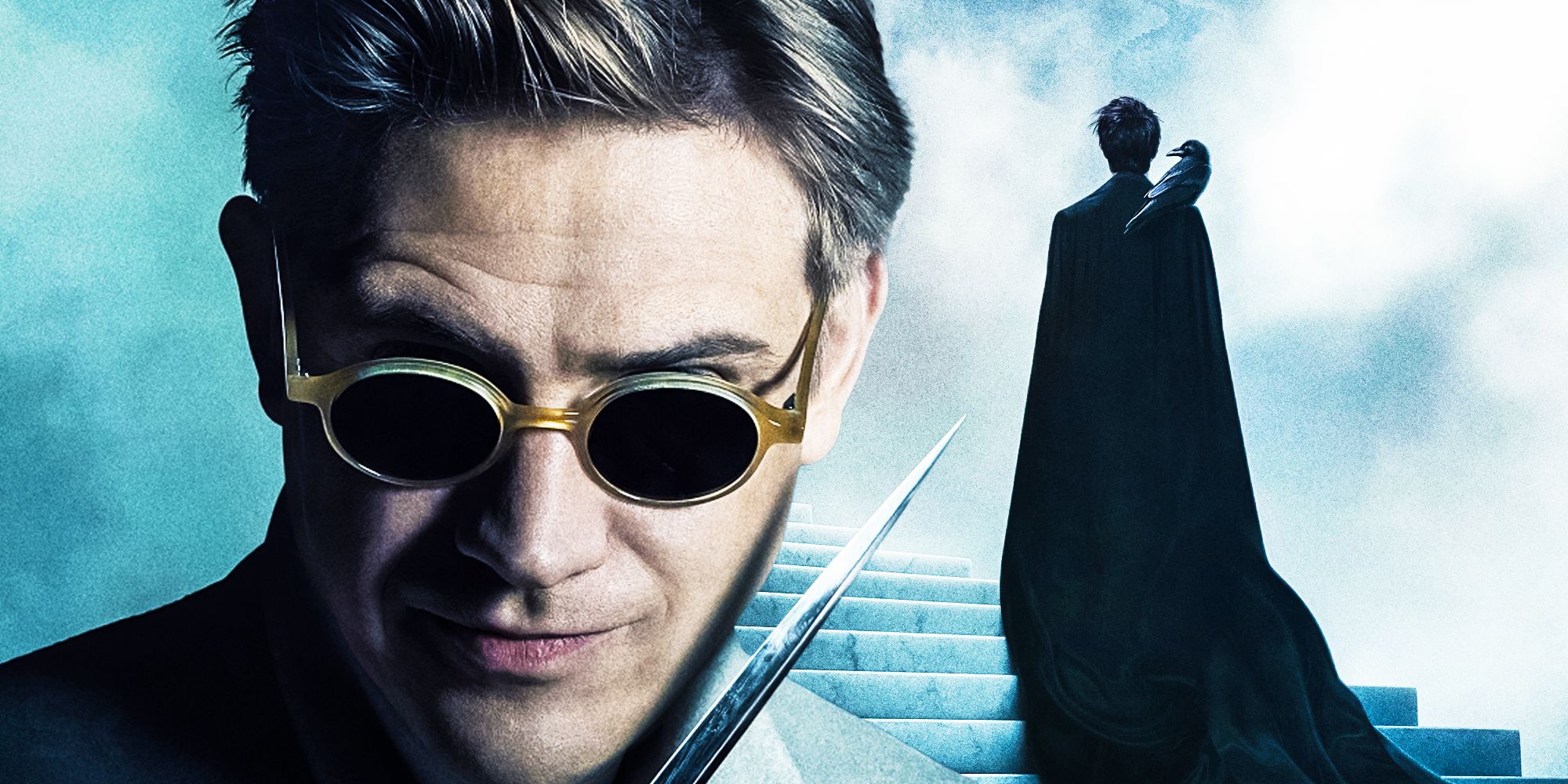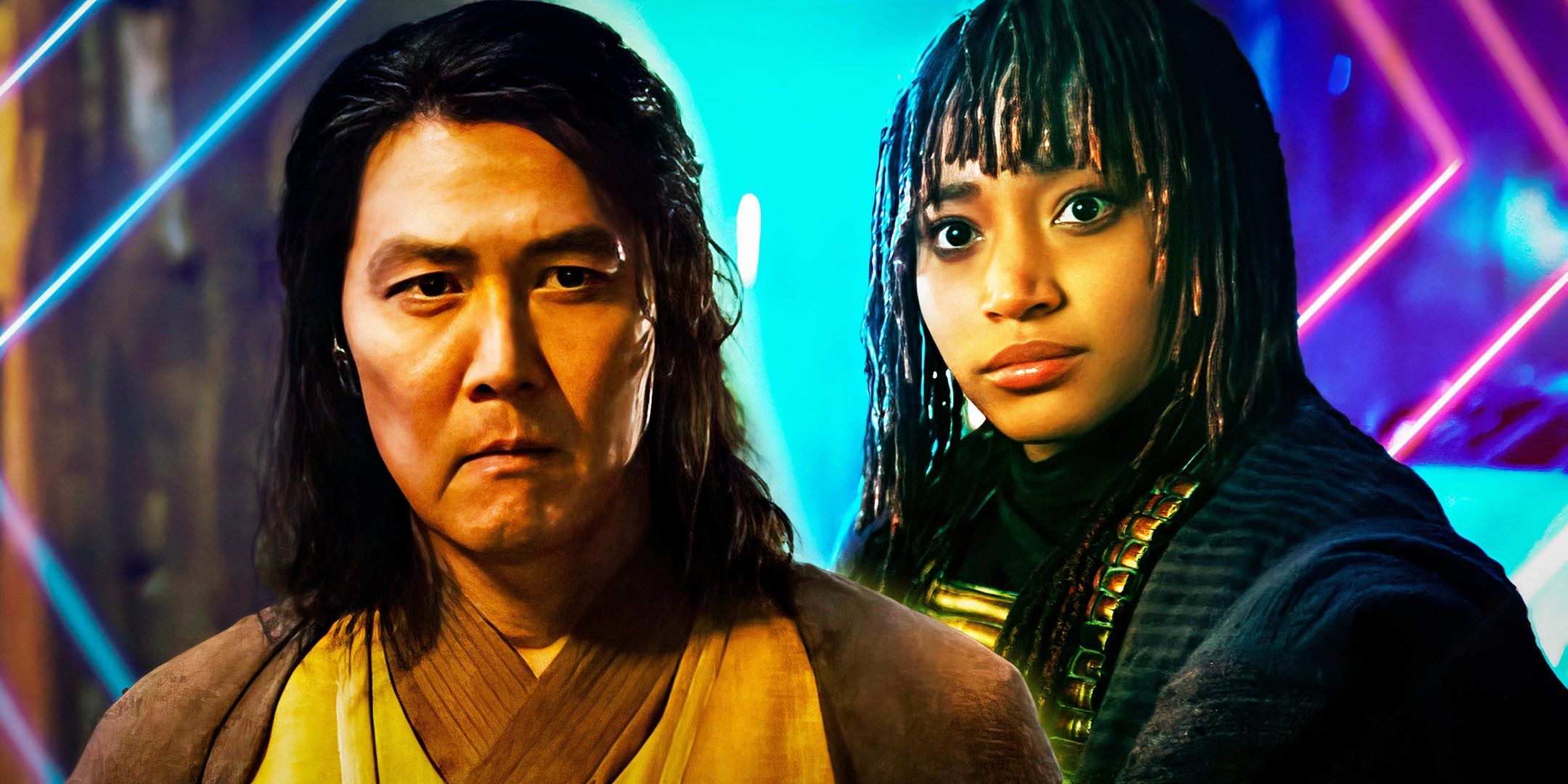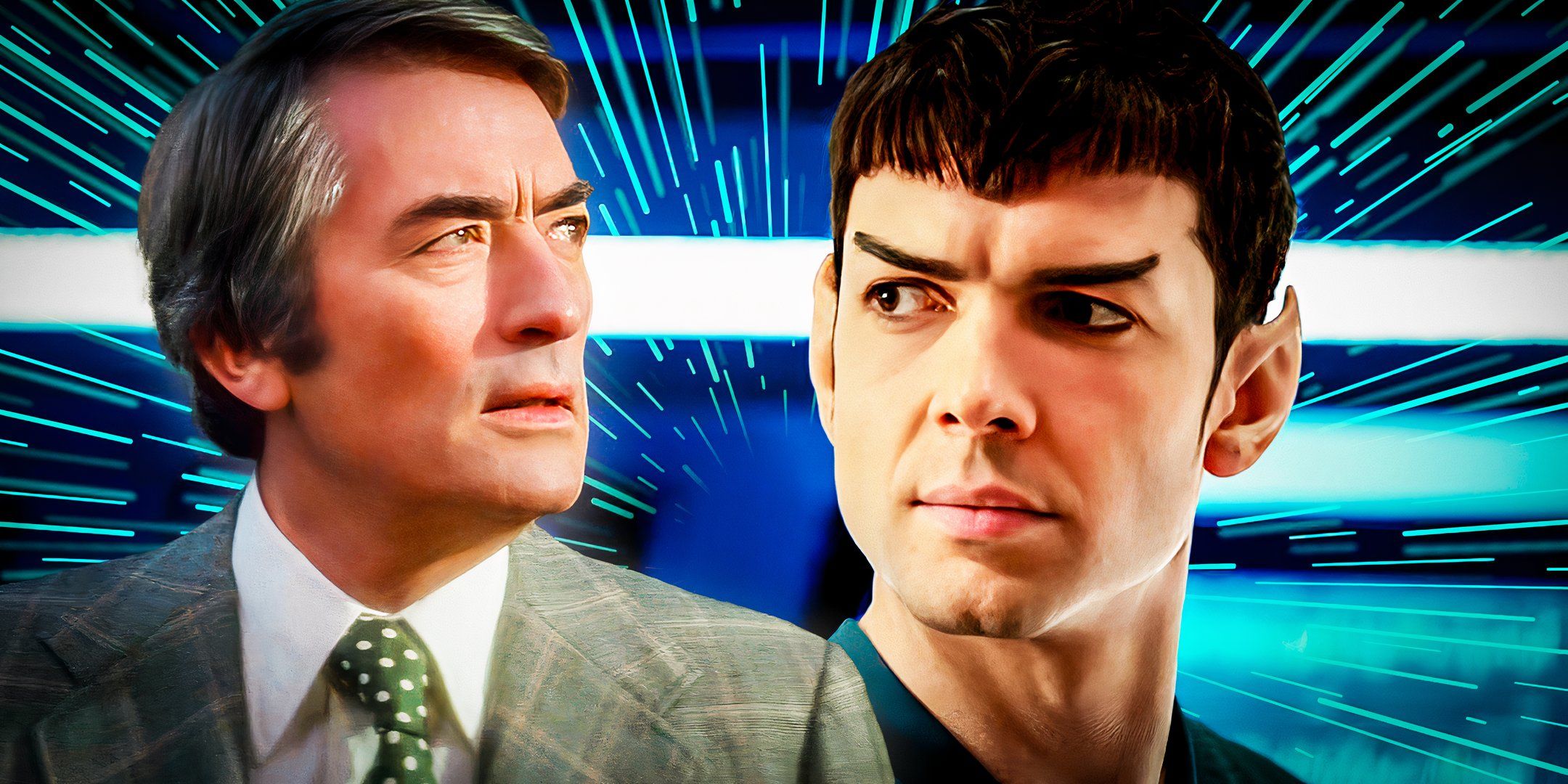Harrison Ford gives his final take on an enduring Blade Runner mystery, saying he always thought Deckard was a replicant. Released in 1982, Ridley Scott’s Blade Runner seemed to tell the story of a futuristic human cop (Ford) falling in love with one of the androids – called replicants by the film – he was tasked with hunting down. But this simple story changed in subsequent cuts of the film, in which director Scott added footage that made it seem Deckard was himself a replicant. Despite Scott’s seeming final word on Deckard’s replicant nature, it’s long been reported that Ford himself believed in Deckard’s humanity, and actually argued with Scott over the matter.
The ages-old debate over whether the Blade Runner ending reveals Deckard as a replicant will go on as long as viewers care about the movie’s mysteries, but for his part, Ford has made up his mind on the matter – and his new answer is not the same as his old ones. Speaking to Esquire ahead of the release of Indiana Jones and the Dial of Destiny, Ford offered up an unambiguous reply to the Deckard question, while revealing why he argued with Scott about it in the past. Check out what Ford said in the space below (around 5:25 of the clip):
I always knew that I was a replicant. I just wanted to push back against it though. I think a replicant would want to believe that they’re human. At least this one did.
The Deckard Mystery Doesn’t Need A Definitive Answer
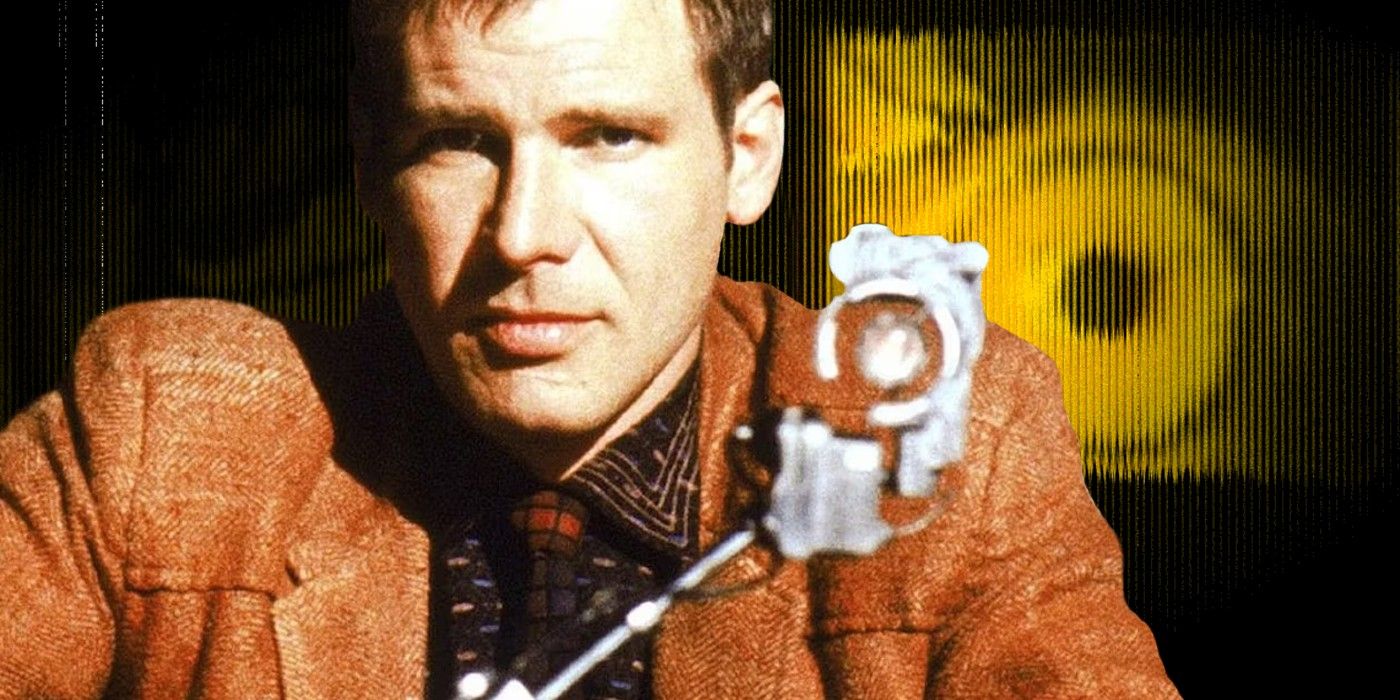
After Scott’s seeming confirmation of Deckard’s replicant nature in his 2007 Blade Runner Final Cut, Denis Villeneuve had a chance to clear up any remaining mystery about the matter with his 2017 sequel Blade Runner 2049. But rather than offer up his own definitive take on Deckard’s humanity, Villeneuve chose to leave the question still wide open, telling CinemaBlend in 2017:
Deckard, in the movie, is unsure, as we are, of what his identity is. Because I love that. I love mystery. That’s an interesting thing to me. I really love that. Again, Harrison and Ridley are still arguing about that. If you put them in the same room, they don’t agree. And they start to talk very loud when they do. It’s very funny.
Steeped in questions about what makes a human truly human, both the original Blade Runner and Blade Runner 2049 provide ample fodder for philosophical discussion, and that is indeed what makes them memorable science-fiction. Scott feeling the need to proclaim once-and-for-all that Deckard is a replicant feels like a case of a filmmaker becoming fed-up with such debate and claiming grouchy final ownership over their own work. Meanwhile, Ford’s (seemingly disingenuous) pushing back against Deckard’s replicant-ness over the years feels like a case of an actor stubbornly claiming his own ownership of a character. Villeneuve, with his insistence on not killing the mystery, shows the keenest grasp of what makes science-fiction like Blade Runner so compelling in the first place.
